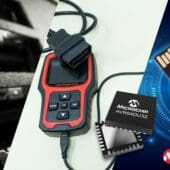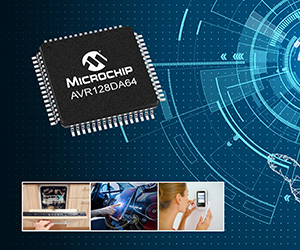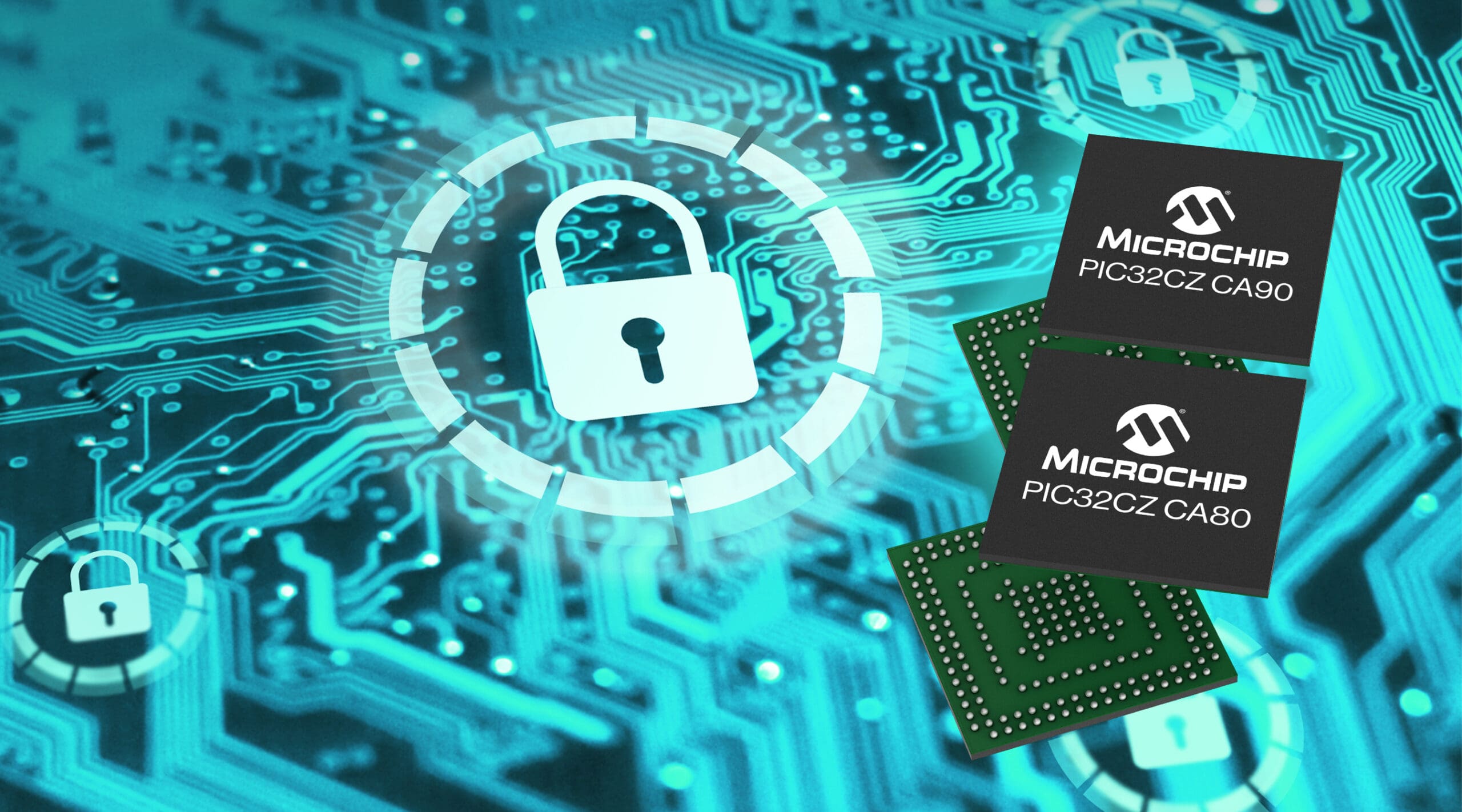Greater voltage level variation capabilities increase flexibility and reduce system costs
More and more everyday products are connected to the cloud, from mobile phones and vehicles to thermostats and smart appliances. This boom in connectivity makes the need for advanced security measures at the chip level that protect both firmware and data essential. As a defense against current and growing security threats, Microchip Technology has introduced the PIC18-Q24 microcontroller family.
The PIC18-Q24 microcontrollers incorporate the PDID (Programming and Debugging Interface Disable) function to counter the threat of malicious reprogramming of a device in an embedded system. When enabled, this enhanced code protection feature will block access to the programming/debugging interface, effectively preventing unauthorized attempts to read, modify or erase firmware.
“The security of a system is only as strong as its weakest link. Any programmable component can be vulnerable and it is essential to implement enhanced protection features to repel potential attacks,” said Greg Robinson, corporate vice president of Microchip's 8-bit microcontroller business unit. “Microchip's PIC18-Q24 family of microcontrollers is designed with advanced security at the forefront to help customers combat threats from the system's foundation.”
Because many secure systems often connect and communicate with a wide variety of sensors, memory chips, and processors, PIC18-Q24 microcontrollers feature multi-voltage I/O, or MVIO (Multi-Voltage I/O). This feature eliminates the need for external level drives and allows microcontrollers to be connected to digital inputs or outputs with different operating voltages. In addition to reducing board complexity and bill of materials cost, MVIO makes PIC18-Q24 microcontrollers especially suitable as system management processors, taking care of monitoring and telemetry for a larger processor.
These seemingly routine tasks are often the most vulnerable to possible attacks when trying to access embedded systems.
The PIC18-Q24 family also optionally features an immutable bootloader for applications looking for a secure way to update firmware.








